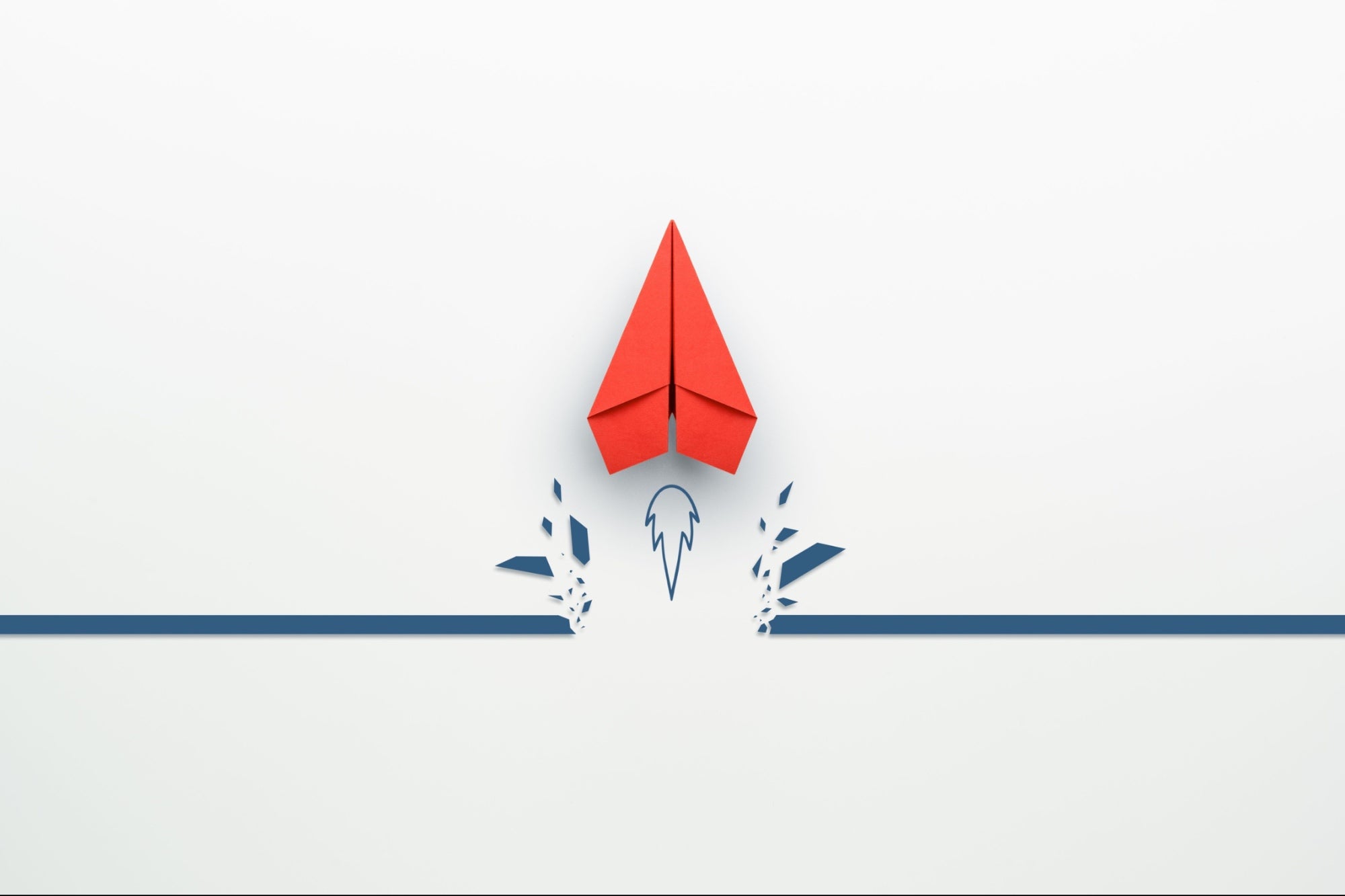Finding A Match In Family-Owned Business And Innovation-Driven Entrepreneurship The culture of risk-taking and experimentation within innovation-driven entrepreneurship can lead to groundbreaking discoveries as well as a competitive edge in the market.
Opinions expressed by Entrepreneur contributors are their own.
You're reading Entrepreneur Middle East, an international franchise of Entrepreneur Media.

In the ever-evolving business landscape, family-owned businesses, and innovation-driven entrepreneurship (IDE) stand out as significant forces acting as pillars of economic growth and resilience in the UAE. Family businesses uphold the legacy of tradition, whereas the key characteristic of IDEs is dynamic innovation. Both distinct business models fuel success in respective ways.
According to KPMG, family-owned businesses contribute to 60% of the country's gross domestic product (GDP), and employ 80% of the nation's workforce. According to a report by the UAE Ministry of Economy, about 90% of private companies in the country are family-owned. Dubai Chambers made an announcement earlier this year about the launch of the Dubai Centre for Family Businesses. This initiative aims to provide education to family-owned companies on the topics of leadership transition, succession planning, and growth.
Family-owned businesses are the backbone of many economies, characterized by a rich history, shared values, and a sense of belonging. Typically passed down through generations, these businesses prioritize long-term sustainability over rapid growth. The sense of familial ties and shared history can often provide a solid foundation for a business that has successfully navigated the test of time. This stability can be a significant strength, fostering loyalty, trust, and a deep understanding of the business's core values.
On the other hand, the core nature of innovation-driven entrepreneurship is the spirit of change and adaptability. These ventures are characterized by an unyielding pursuit of novel ideas, cutting-edge technologies, and untapped market opportunities. Such businesses are often agile and quick to respond to market trends, positioning them at the forefront of innovation. The culture of risk-taking and experimentation within IDEs can lead to groundbreaking discoveries as well as a competitive edge in the market.
These strengths of both business models are not without corresponding weaknesses. While benefitting from a strong sense of tradition and time-tested experiences, family-owned businesses may struggle with resistance to change. The reluctance to deviate from established ways and mindsets can interfere with adaptation to evolving market demands and technological advancements. Moreover, decision-making within family businesses may be governed by personal relationships rather than a purely merit-based approach, potentially hindering efficiency, and innovation.
While the slow pace may be a hindrance for family businesses, the much faster pace of IDEs visible in the relentless pursuit of innovation can lead to a lack of stability and sustainability. The risk of failure is higher due to the significantly less time involved in testing and learning. The constant need for new ideas can cause the organization to burn out or force the adoption of strategies that compromise long-term efficiency.
Achieving a balance between innovation and a solid foundation is crucial for success. Innovation drives progress, but without a strong foundation, progress can quickly crumble. IDEs may struggle to find the right balance between innovation and stability to ensure long-term success.
Most family-owned businesses often excel in building strong, enduring relationships with their customer base. The trust established over generations can be leveraged to expand the business horizontally or vertically. Moreover, the emphasis on tradition and familiarity can become a unique selling point, attracting consumers who value authenticity and heritage.
On the other hand, IDEs flourish on the vast potential of new ideas. The possibility to challenge established markets, build completely new industries, or transform existing ones creates a continuous avenue for growth. The global aspect of innovation-fueled ventures allows for swift expansion and access to diverse markets.
Opportunities and threats are two sides of the same coin. For family-owned businesses, it can be challenging to keep up with technological advancements and changing consumer preferences. If they are unwilling to embrace new strategies, there is a real risk of stagnation and decline.
One of the biggest threats to IDEs is the intense competition in the marketplace. Since innovation often involves the development of new, untested ideas, it can be difficult to predict whether or not these ideas will be successful. This inherent risk and the pressure to consistently innovate can lead to a high rate of failures.
Recognizing the immense potential of integrating family values, time-tested stability, and innovative thinking in sustaining success, the UAE government has developed initiatives to marry the best of both models. For example, Thabat Venture Builder, launched by the Ministry of Economy last year, is the first such initiative in the region. The initiative will help family businesses enter sectors outside their traditional fields, and encourage them to embrace advanced knowledge-driven industries such as artificial intelligence, biotechnology, agricultural technology, space sciences, and renewable energy.
Combining the best of both business models with ample government backing is undoubtedly a great match that will contribute significantly to the nation's future economy.
Related: 2023, The Year That Was: Shafeena Yusuf Ali, Founder And Executive Director, Rizq Art Initiative












